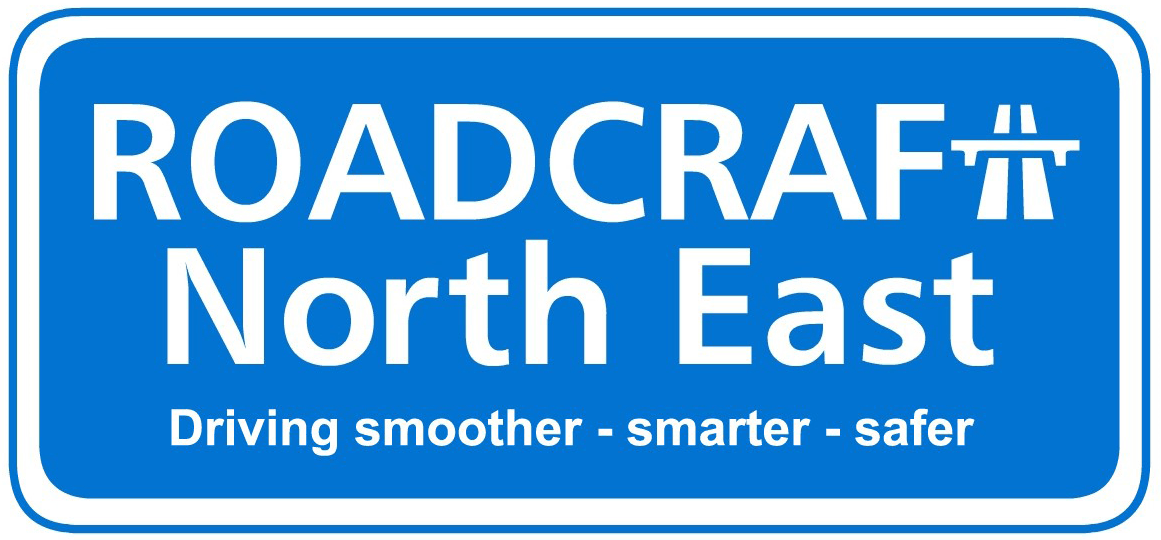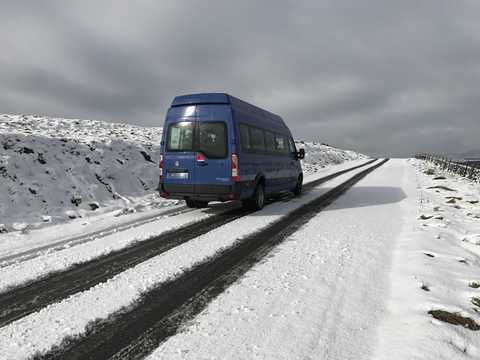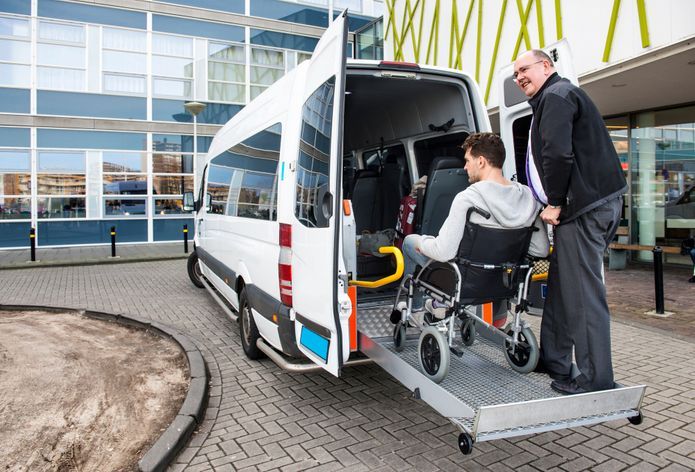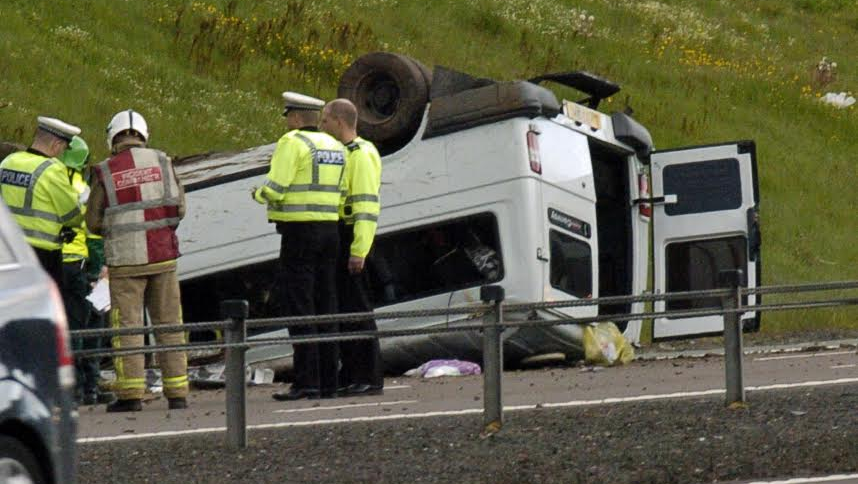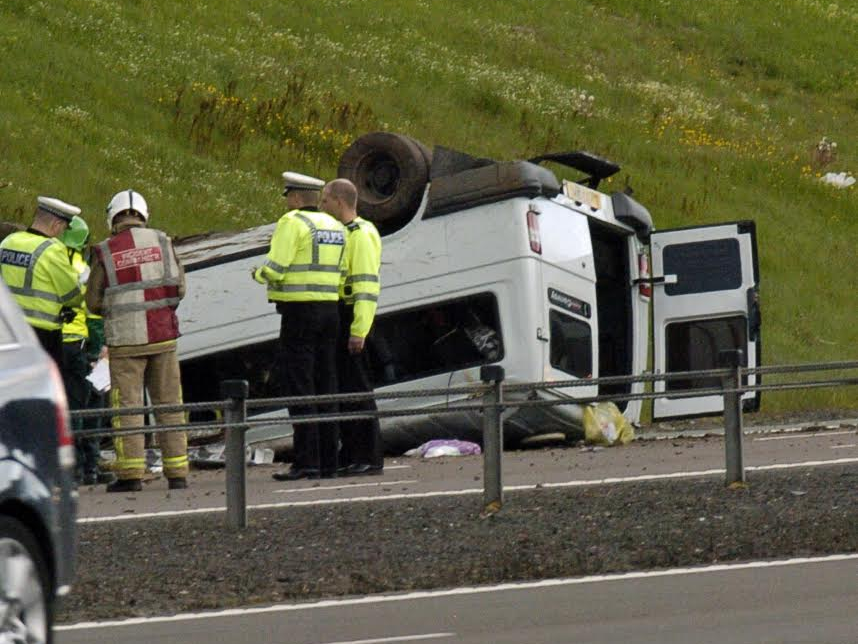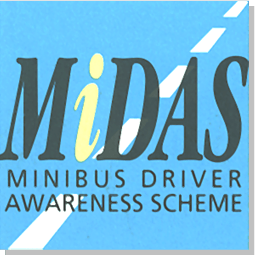Why
MiDAS
Please ask yourself 3 simple questions..
1. With 5 deaths per day on UK roads, why should anyone trust loved ones to an unassessed driver?
2. As an organisation, can you be sure you have COMPETENT drivers, and could you convince a court of this, or are you relying on the fact someone passed a driving test many years ago so they must be OK to drive?
3. Wouldn't be rather able to say...
"My drivers have been assessed against a national standard by a nationally accredited assessor. Your Honour, please let him answer that question for me."
Please ask yourself 3 simple questions..
1. With 5 deaths per day on UK roads, why should anyone trust loved ones to an unassessed driver?
2. As an organisation, can you be sure you have COMPETENT drivers, and could you convince a court of this, or are you relying on the fact someone passed a driving test many years ago so they must be OK to drive?
3. Wouldn't be rather able to say...
"My drivers have been assessed against a national standard by a nationally accredited assessor. Your Honour, please let him answer that question for me."
Please ask yourself 3 simple questions..
1. With 5 deaths per day on UK roads, why should anyone trust loved ones to an unassessed driver?
2. As an organisation, can you be sure you have COMPETENT drivers, and could you convince a court of this, or are you relying on the fact someone passed a driving test many years ago so they must be OK to drive?
3. Wouldn't be rather able to say...
"My drivers have been assessed against a national standard by a nationally accredited assessor. Your Honour, please let him answer that question for me."
Duty of care..
The HSE states that "Travelling by road is one of the most hazardous daily activities people take part in"
Organisations must manage the 'road risks' associated with driving.
MiDAS training can play an effective part in this.
Following MiDAS good practice guidlines contributes to safer journeys for drivers and passengers.
Why for volunteers though?
The Health and Safety Executive states:
"In general, the same health and safety standards should be applied to voluntary workers as they would to employees exposed to the same risks" *
* Charity and Voluntary Workers: A Guide to Health and Safety at Work
Duty of care..
The HSE states that "Travelling by road is one of the most hazardous daily activities people take part in"
Organisations must manage the 'road risks' associated with driving.
MiDAS training can play an effective part in this.
Following MiDAS good practice guidlines contributes to safer journeys for drivers and passengers.
Why for volunteers though?
The Health and Safety Executive states:
"In general, the same health and safety standards should be applied to voluntary workers as they would to employees exposed to the same risks" *
* Charity and Voluntary Workers: A Guide to Health and Safety at Work
MiDAS training provides increased awareness of:
Economy driving
Drivers' legal responsibilities
Passenger safety
Health and safety awareness
Manual handling awareness
Personal safety for drivers
Collision and breakdown procedures
Drivers' legal responsibilities
Passenger safety
Health and safety awareness
Manual handling awareness
Personal safety for drivers
Collision and breakdown procedures
Your drivers will drive more sympathetically thus leading to:
Reduced fuel costs
Reduced accidents
Reduced insurance premiums
Reduced vehicle off-road time
In addition:
Trained volunteers will feel part of the team
Volunteers may feel the organisations cares about them
Volunteers may be easier to recruit as they feel they are getting something back
MiDAS training provides increased awareness of:
Economy driving
Drivers' legal responsibilities
Passenger safety
Health and safety awareness
Manual handling awareness
Personal safety for drivers
Collision and breakdown procedures
Drivers' legal responsibilities
Passenger safety
Health and safety awareness
Manual handling awareness
Personal safety for drivers
Collision and breakdown procedures
Your drivers will drive more sympathetically thus leading to:
Reduced fuel costs
Reduced accidents
Reduced insurance premiums
Reduced vehicle off-road time
In addition:
Trained volunteers will feel part of the team.
Volunteers may feel the organisations cares about them.
Volunteers may be easier to recruit as they feel they are getting something back.
Duty of care..
The HSE states that "Travelling by road is one of the most hazardous daily activities people take part in"
Organisations must manage the 'road risks' associated with driving.
MiDAS training can play an effective part in this.
Following MiDAS good practice guidlines contributes to safer journeys for drivers and passengers.
Why for volunteers though?
The Health and Safety Executive states:
"In general, the same health and safety standards should be applied to voluntary workers as they would to employees exposed to the same risks" *
* Charity and Voluntary Workers: A Guide to Health and Safety at Work
MiDAS training provides increased awareness of:
Economy driving
Drivers' legal responsibilities
Passenger safety
Health and safety awareness
Manual handling awareness
Personal safety for drivers
Collision and breakdown procedures
Drivers' legal responsibilities
Passenger safety
Health and safety awareness
Manual handling awareness
Personal safety for drivers
Collision and breakdown procedures
Your drivers will drive more sympathetically thus leading to:
Reduced fuel costs
Reduced accidents
Reduced insurance premiums
Reduced vehicle off-road time
In addition:
Trained volunteers will feel part of the team
Volunteers may feel the organisations cares about them
Volunteers may be easier to recruit as they feel they are getting something back
